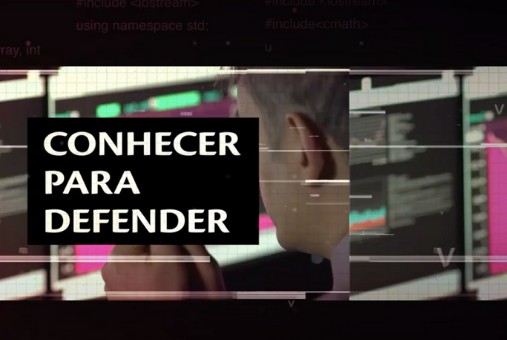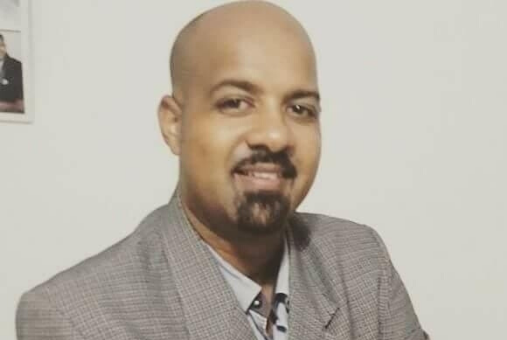A draft law that establishes internet rights and responsibilities for citizens, business, and the government has received hundreds of responses since the online comment period began last month. Responding to critics, the Justice Ministry has eliminated language that some claimed would effectively force web site hosts—including media outlets—to remove content immediately after private, non-judicial complaints.
In a visit to the city of Sinop, one of the largest logging centers in Mato Grosso state, journalist Andreia Fanzeres asked a resident if she liked living in Amazonia. Her response was disturbing. “I only see Amazonia on television.” The journalist's discovery of the gap between the media's reporting and the knowledge of the local population about deforestation led her to move from Rio de Janeiro to Juína, in northern Mato Grosso, to research the topic.
In a visit to the city of Sinop, one of the largest logging centers in Mato Grosso state, journalist Andreia Fanzeres asked a resident if she liked living in Amazonia. Her response was disturbing. “I only see Amazonia on television.” The journalist's discovery of the gap between the media's reporting and the knowledge of the local population about deforestation led her to move from Rio de Janeiro to Juína, in northern Mato Grosso, to research the topic.
The Brazilian Association for Investigative Journalism (Abraji) invites journalists and students to participate in the 5th International Congress on Investigative Journalism, from July 29-31, 2010, in São Paulo.
TV host and radio broadcaster Handson Laércio was shot Wednesday, April 14, while leaving his home in Bacabal, Maranhão, to host his program on TV Mearim, the news portal Imirante reports. On entering his car, Laércio was confronted by his attacker and was shot in the hand.
The Chamber of Deputies approved a bill this week that would make public information accessible to citizens. The text now passes to the Senate.
Rains pounded Rio de Janeiro this week, killing hundreds of people–mostly in mudslides—and citizen reporters played a key role in conveying the magnitude of the disaster. In addition to blogs and Twitter, they channeled an enormous number of photos, texts, and videos through traditional news media, allowing for prompt and comprehensive coverage that never would have been possible if the reporters were working alone.
José Carlos Stachowiak, host of a police program on cable TV in Ponta Grossa, Paraná, made grave threats on the air against a journalism student who wrote a blog post criticizing his work. See the video in this post Querido Leitor (Dear Reader), by local journalist Rosana Hermann.
A former member of the secret police during the dictatorship has brought charges against Luiz Claudio Cunha for "moral harm" after being mentioned in the journalist’s book Operation Condor: The kidnapping of the Uruguayans, EFE reports (Spanish).

In the face of attacks on journalists and attempts to discredit the press, Instituto Palavra Aberta launched a web series to explain to the lay public how journalism works.

Journalist Leonardo Pinheiro was killed while conducting an interview on the afternoon of May 13 in the municipality of Araruama in the state of Rio de Janeiro.

The collaborative project Inumeráveis (Innumerable) can be summarized in a sentence: "There is no one who likes to be a number, people deserve to exist in prose.” The virtual memorial aims to tell the stories behind the COVID-19 numbers in Brazil, with profiles of the victims written by volunteers. "We wake up every day with a new […]